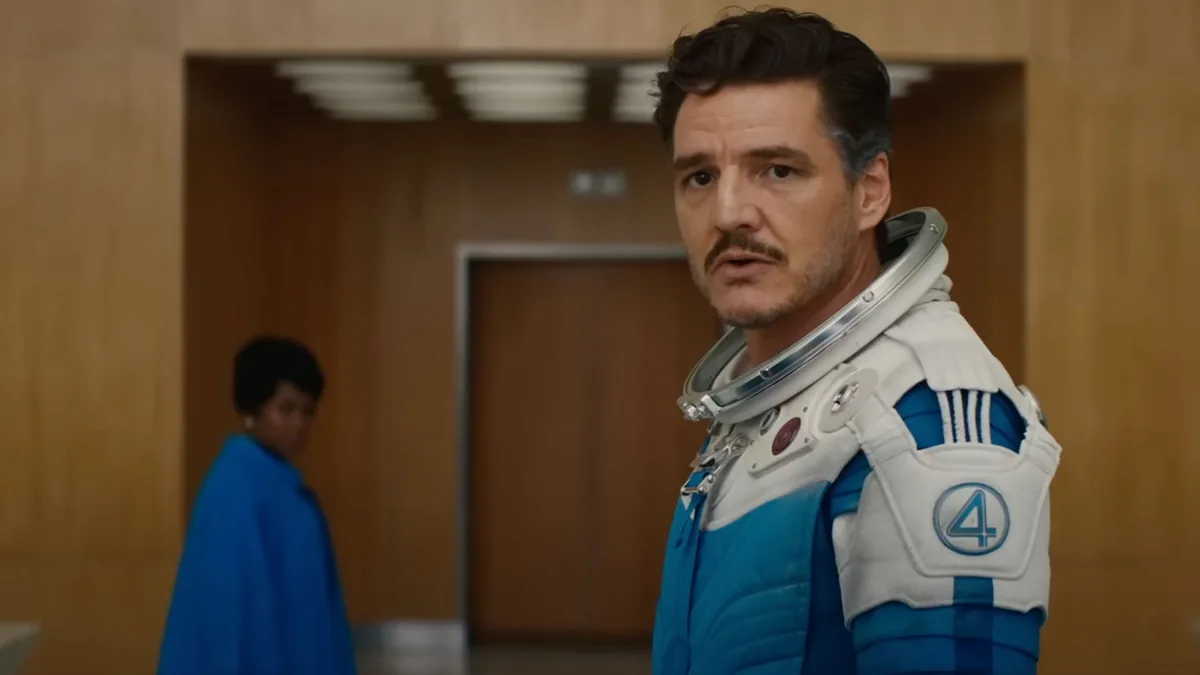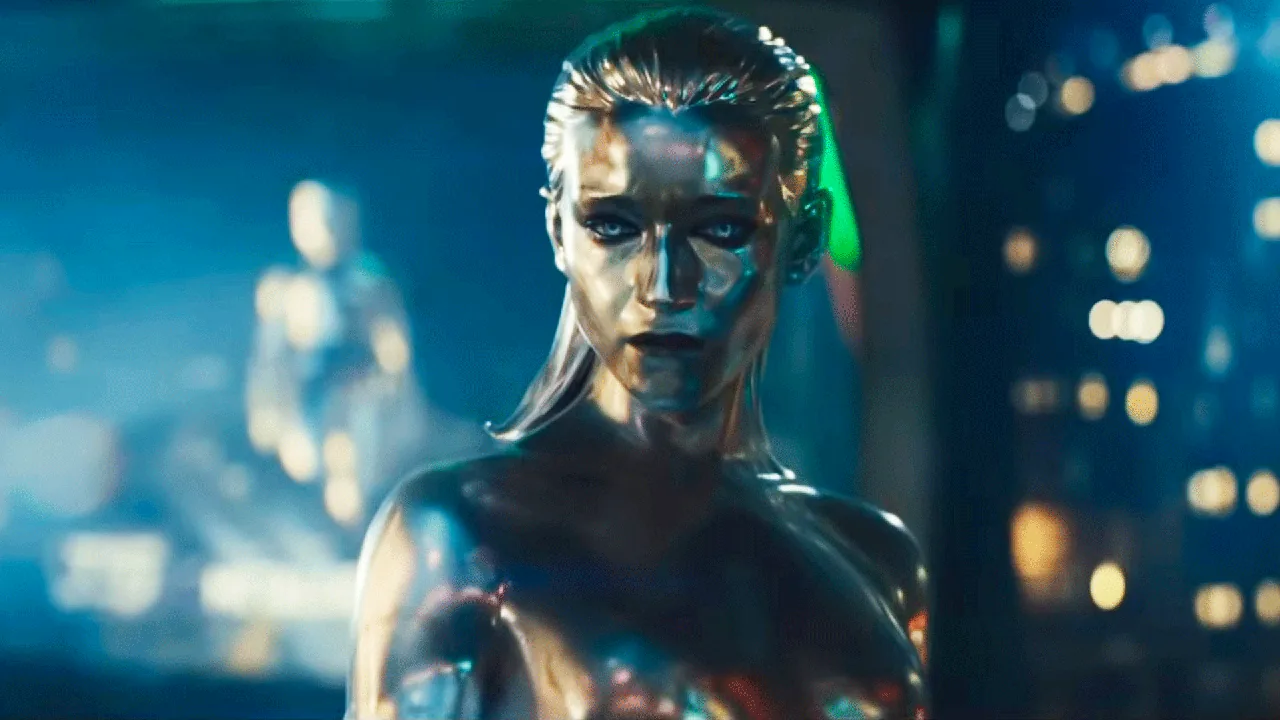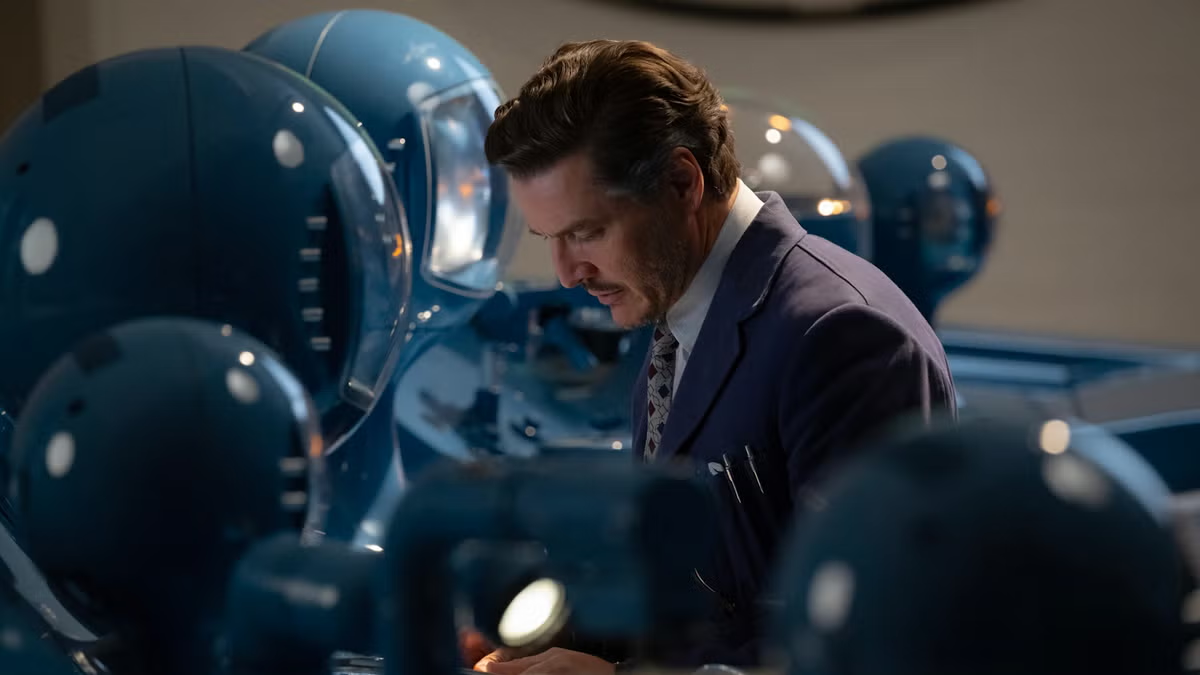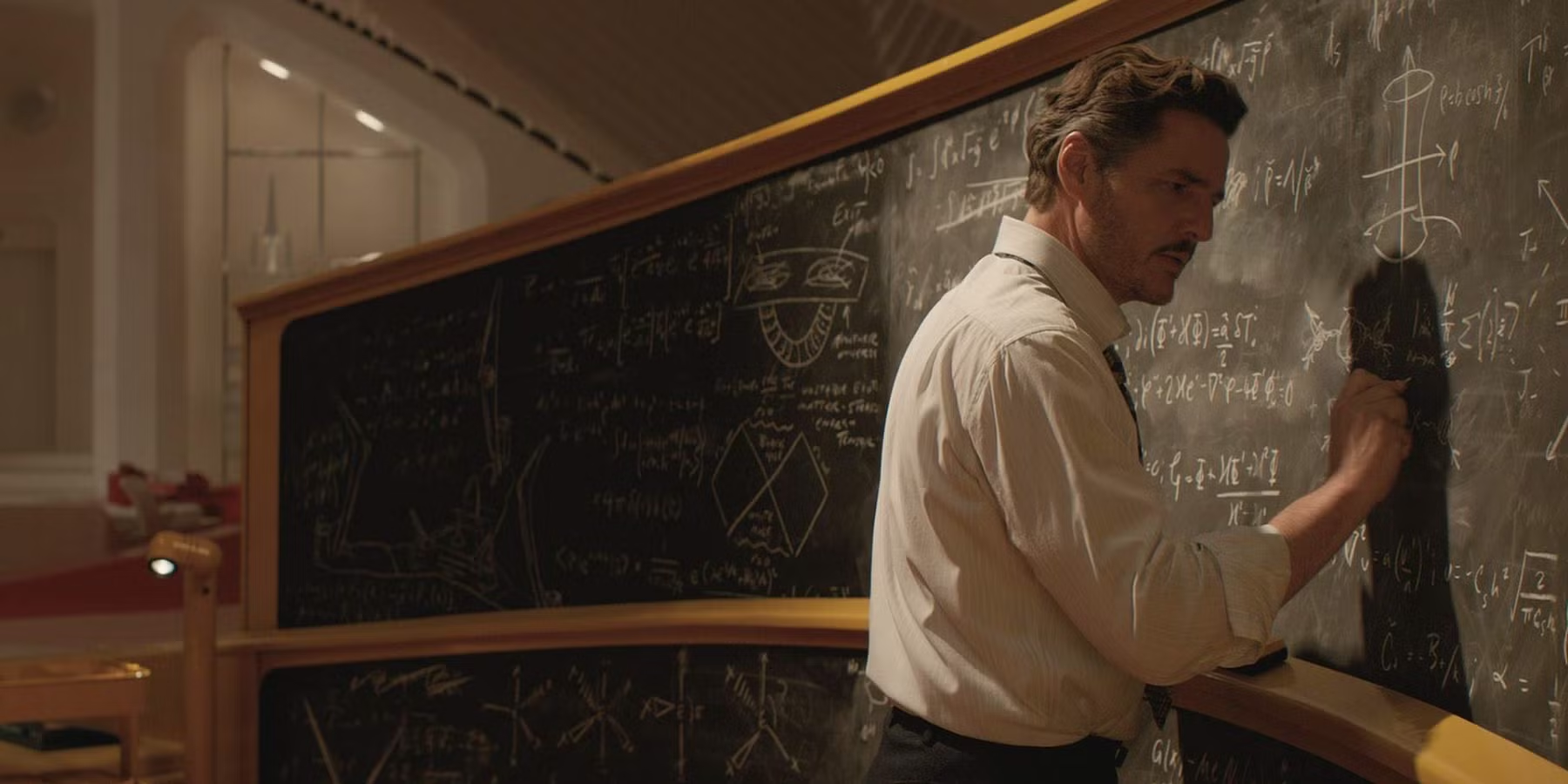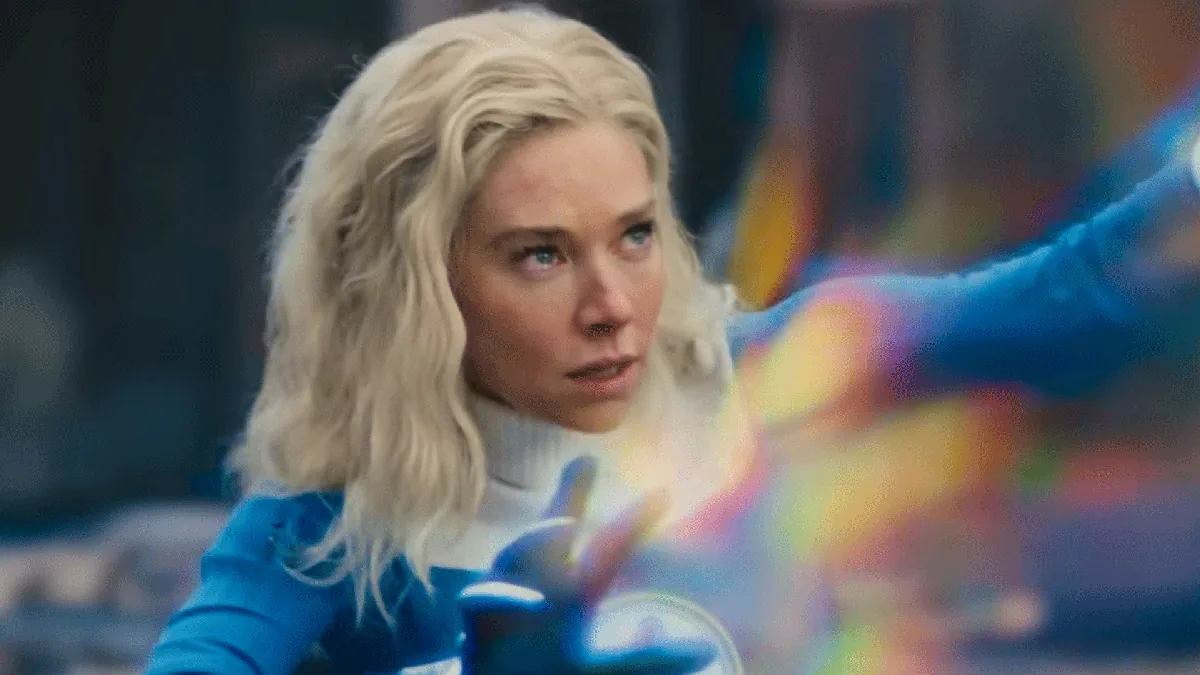Film Review - The Fantastic Four: First Steps
- Alex Kelaru

- Aug 3
- 3 min read
Back when I was devouring comic books, my first real entry point was 1991’s Uncanny X-Men, and from there I went up and down the Marvel rabbit hole. But rarely did I come across the Fantastic Four in a way that made me want to follow their story. They never truly sparked my interest.
Then came the 2005 Fantastic Four film with Jessica Alba as Sue Storm and Ioan Gruffudd as Reed Richards, which unfortunately stamped out what little curiosity I had left. The later film iterations didn’t help either. I watched them all, and none of them gave me a reason to explore the source material or care much for the characters.
This latest reimagining, however, has completely rekindled my interest. It made me want to pick up the comics and dive in properly. And as I often say, the purpose of previously published material should be to shine a light back on the original work. This film does that effortlessly, without asking for any homework from the audience.
One of the aspects that hooked me immediately was the retro-futuristic world the film is set in. I’ve always loved that aesthetic, especially when it’s done well, as in The Hitchhiker’s Guide to the Galaxy, The Incredibles, Gattaca or shows like The Umbrella Academy, Fallout, Legion and Severance. You get those polished tube monitors, punch cards and analogue tech, all shiny symbols of an utopian world hiding darker truths underneath. The Fantastic Four: First Steps captures that vibe beautifully.
The world-building here is stunning. Set on Earth 828, the film introduces the Marvel super-family in their elegant penthouse, where Reed, Sue, Johnny, Ben and their robotic housemaid H.E.R.B.I.E go about daily life while anticipating the birth of Reed and Sue’s baby. In this alternate reality, superheroes are not just accepted, they’re trusted with political and social responsibility and the system seems to work.
But things shift when a silver-skinned being named Shalla-Bal (played by Julia Garner) arrives with a warning of cosmic doom. That’s when the Fantastic Four must rise to the challenge.
What makes the film genuinely enjoyable is its emphasis on family dynamics. That choice grounds everything. It’s not just about saving the world. It’s about managing responsibilities at home and work and figuring out who they are to each other. Reed is the logical scientist and steady leader. Sue is the moral compass and emotional anchor. Johnny is the rebellious younger brother learning what it means to grow up. Ben is the gentle giant who cooks, calms and brings the warmth of a favourite uncle.
Although the film runs under two hours, it gives you enough time with the characters to care about them. So when the action kicks in, the stakes feel personal and the tension between their duty to one another and their responsibility to the world makes for compelling drama.
What really works is that this film knows what it wants to be: a heartfelt, family-friendly adventure set in a stylised world where everything seems safe (until the sky darkens). But even then, it never loses its optimism or sense of purpose. And for all its charm and lightness, it manages to weave in genuine human themes without forcing them.
This is what gives me hope for the future of Marvel films. Even more so, it made me want to go back to the source. If the goal was to inspire new readers, consider it a success.
%20Logo%20Black%20over%20White.png)
